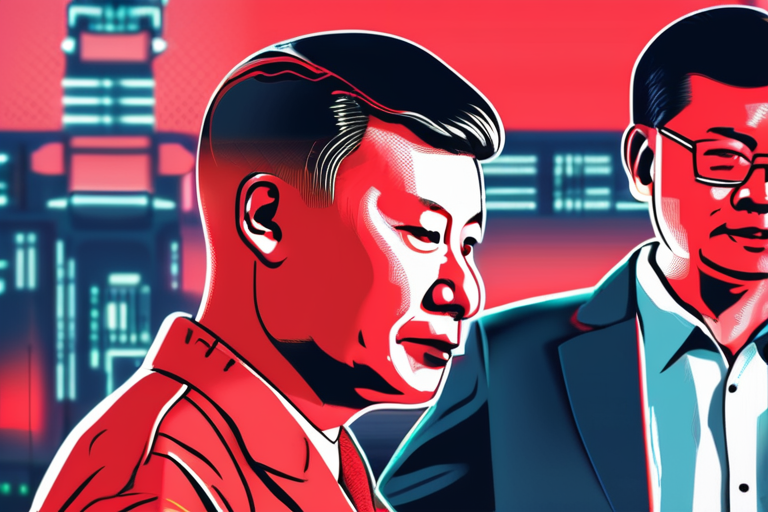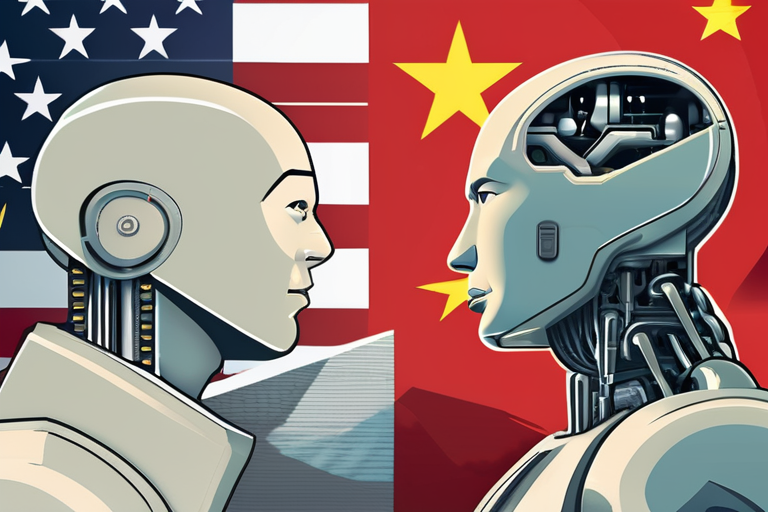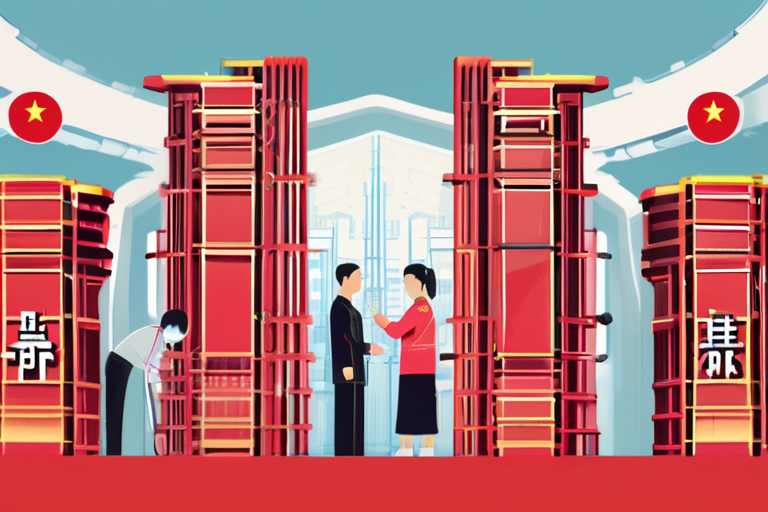The World Bank Expert's Call to Leverage 'Small AI' for Smaller Countries
In a recent discussion at the Fortune Innovation Forum in Kuala Lumpur, Malaysia, Mahesh Uttamchandani, regional practice director for digital for East Asia, South Asia, and the Pacific at the World Bank, emphasized the potential for smaller countries to invest in 'small AI', a targeted and offline-capable technology that doesn't compete with large-scale innovations. This approach could help bridge the digital divide in regions like Southeast Asia, home to the largest group of unconnected people outside of Sub-Saharan Africa.
According to the World Bank, the cost of implementing AI is a significant barrier for smaller countries. The expense of processors, data centers, power, water, and data acquisition can be prohibitively high, making it challenging for nations like those in Southeast Asia to keep up with the likes of the US and China. However, experts believe that by investing in 'small AI', these countries can create their own AI industries and develop targeted solutions that cater to their unique needs.
The region's efforts to build their own AI industries are already underway, with countries like Singapore, Malaysia, and Thailand making significant strides. These nations are investing in research and development, talent acquisition, and infrastructure development to create a favorable environment for AI growth.
The market context is crucial in understanding the implications of 'small AI' for smaller countries. According to a report by ResearchAndMarkets.com, the global AI market is expected to reach $190.61 billion by 2025, growing at a CAGR of 34.4% during the forecast period. However, the same report notes that the adoption of AI in developing countries is hindered by limited access to data, lack of skilled talent, and high costs.
The company background of the World Bank is essential in understanding its role in promoting 'small AI' in smaller countries. As a leading international financial institution, the World Bank provides financing, advice, and research to developing countries to help them achieve their development goals. In the context of AI, the World Bank is working to create a more inclusive and equitable AI ecosystem, one that benefits not just the largest economies but also smaller countries.
Looking ahead, the future outlook for 'small AI' in smaller countries is promising. As more nations invest in this technology, we can expect to see the development of targeted solutions that cater to their unique needs. This, in turn, could help bridge the digital divide and create new opportunities for economic growth and development.
In conclusion, the World Bank expert's call to leverage 'small AI' for smaller countries is a timely and relevant one. By investing in this targeted technology, these nations can create their own AI industries and develop solutions that cater to their unique needs. As the global AI market continues to grow, it's essential that we prioritize inclusivity and equity, ensuring that the benefits of AI are shared by all, not just the largest economies.


























Share & Engage Share
Share this article